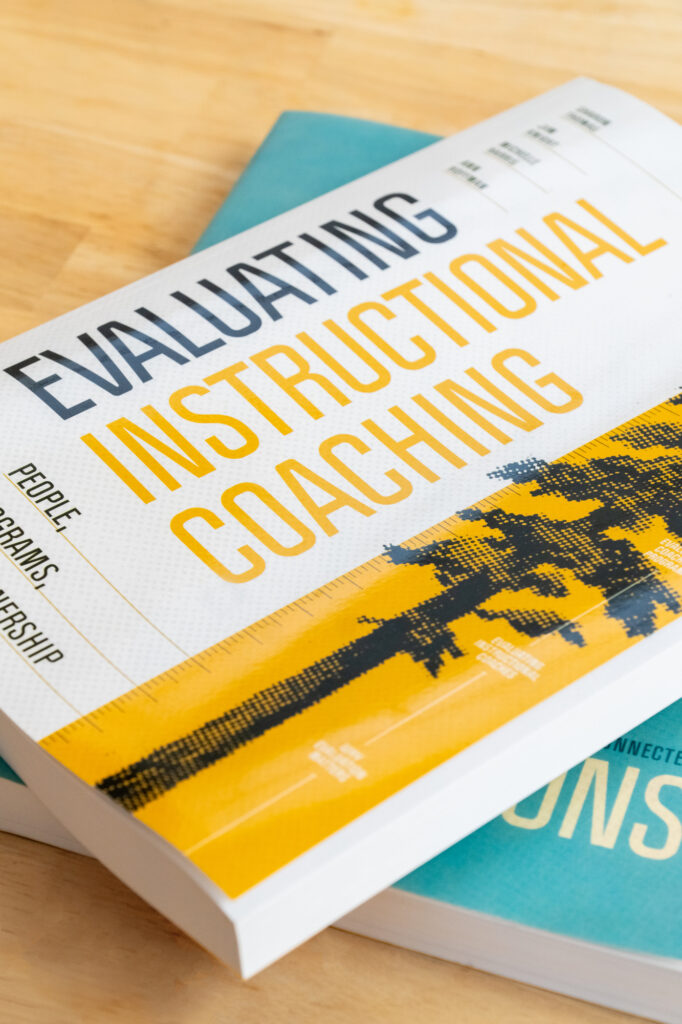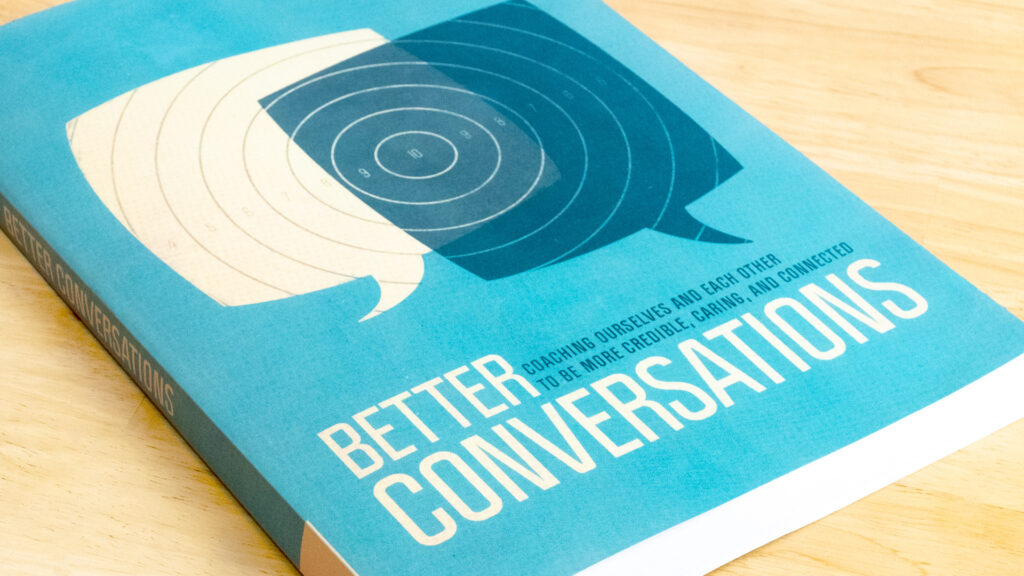One of the most thought-provoking articles I’ve read in a long time was just published by Marcus Buckingham and Ashley Goodall as the lead article in this month’s Harvard Business Review. The article, The Feedback Fallacy, convincingly makes the case that most leaders’ understanding of feedback is completely backwards. “Feedback,” according to Buckingham and Goodall, “is about telling people what we think of their performance and how they should do it better.” But, they go on to explain, “the research is clear: Telling people what we think of their performance doesn’t help them thrive and excel, and telling people how we think they should improve actually hinders learning.”
Buckingham and Goodall identify three fundamental flaws in the prevailing way of providing feedback. First, we are not very good at rating others’ performance. The authors maintain that our evaluations of other people have more to do with ourselves than with those we are observing. “This phenomenon is called the idiosyncratic rater effect, and it’s large (more than half of your rating of someone else reflects your characteristics, not hers) and resilient (no training can lessen it).”
Second, according to Buckingham and Goodall, research is clear that telling others how they fall short actually inhibits, rather than encourages, learning. The authors present compelling research showing that hearing criticism shifts people into survival mode, thereby “impairing” learning. “Learning,” the authors write, “rests on our grasp of what we’re doing well, not on what we’re doing poorly, and certainly not on someone else’s sense of what we’re doing poorly.”
Third, excellence is not reducible to universal and simple explanations. As the authors explain, “Since excellence is idiosyncratic and cannot be learned by studying failure, we can never help another person succeed by holding her performance up against a prefabricated model of excellence, giving her feedback on where she misses the model, and telling her to plug the gaps.”
What does this mean for coaches? As I read the article, I couldn’t shake my conviction that Buckingham and Goodall offer significant evidence for three strategies that lie at the heart of the Impact Cycle.
First, rather than telling teachers what they like and dislike about a lesson, to be effective, coaches should structure conversations with teachers as dialogues between two equal partners. A dialogue is a conversation in which both partners share ideas equally, a conversation in which people strive to do what is right, not to be right. A dialogue isn’t about positions, it’s about partnership. (You can watch my five-minute talk about dialogue here.)
Second, authors such as Bill Sommers, Parker Palmer, and Bob Garmston have pointed out that dialogue is often enabled through a third point for conversation that takes the focus off of the coach and teacher and directs it toward whatever the two are exploring together. For example, two powerful “third points” are student work and video recordings of teachers’ lessons.
Third, coaching conversations are more effective when they are nonjudgmental. This doesn’t mean that coaches shouldn’t share what they are thinking; instead, they should share their thoughts provisionally, and with the humility that is appropriate for any conversation about what happens in a classroom. (You can watch a video about the dangers of judgment [and gossip] here.)



























